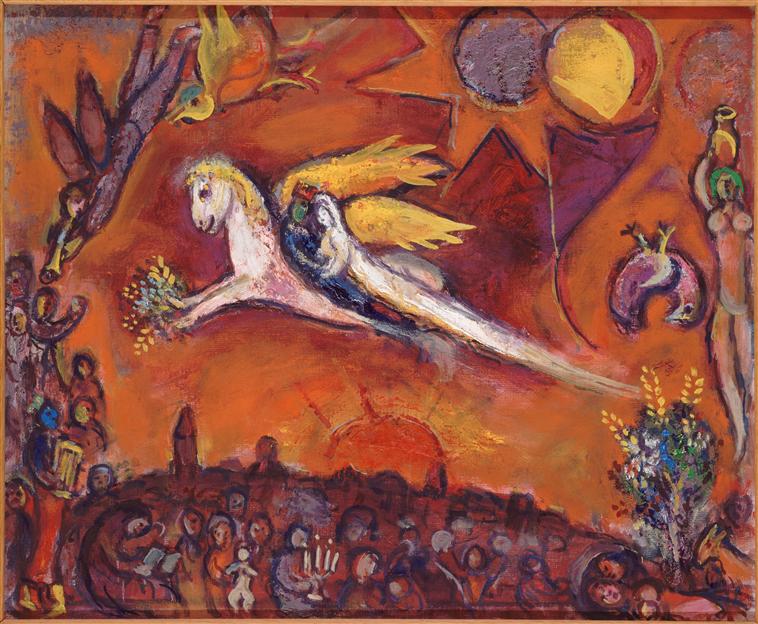Biblical commentary
The Song of Songs and the old men, filled with longing, who sing it.
A new commentary on the Book of Job breaks new ground by combining historical-critical scholarship with reception history, thereby revealing fresh levels of meaning.
The 19th-century commentator known as the Malbim provides a template for how traditional biblical interpretation can adapt to scientific discovery.
A new “reception history” of the Book of Job is let down by its reluctance to choose among the work’s myriad interpretations.
The rabbinic exegetical method whereby the individual letters of Hebrew words are assigned a numerical value has its roots in the Greek system of geometrical algebra.
This week’s Torah portion offers two separate justifications for Jacob’s long sojourn with his uncle Laban; they point to a tension in his own. . .
In his new history, Simon Schama proposes that words themselves form the focus of Jewish self-understanding—a suggestive thesis, but why does he miss so many glaring instances?
Is it sacrilegious to interpret the Torah against its ancient historical background? According to medieval scholars, not only can the Torah be understood in context, it must be.
“As permissive as our culture is in almost every other area, when it comes to translating the Bible we’ve become stricter than the Dark Ages.”
Orthodox Judaism has bigger things to worry about than biblical criticism, and more dangerous threats to fight against.
"It is possible to relate to the Torah as a divine document without being bound to untenable notions regarding the nature of God and His. . .
A search for the origins of a well-known rabbinical expression leads to the New Testament, and specifically to the book of Matthew.



